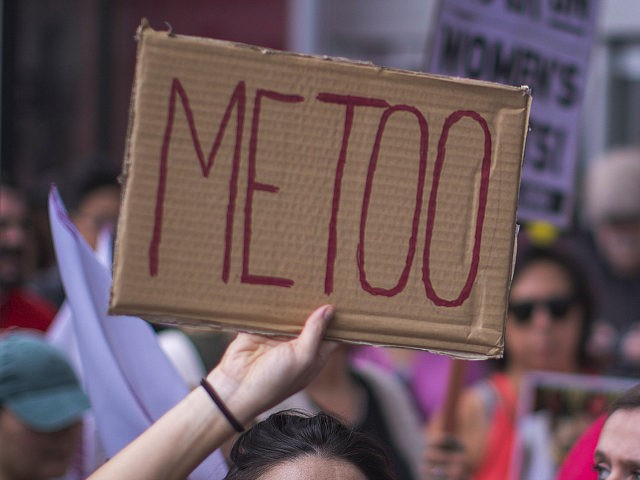The #MeToo movement struck China this week as accusations of sexual assault and misconduct spread across social media and reportedly took aim at prominent activists, intellectuals, and a television personality.
According to Reuters, “So far this week, more than 20 women have come forward with allegations of sexual misconduct, sparked by an accusation on Monday that has rocked a non-government organization.”
In Chinese, “Me Too” is “Wo ye shi” or 我也是.
Among those targeted include Lei Chuang, founder of Yi You, a prominent NGO that is dedicated to eliminating discrimination against people with hepatitis B; Zhang Wen, a veteran journalist and political commentator; and Jiang Fangzhou, a well-known writer and deputy editor-in-chief of the New Weekly magazine.
Lei reportedly confessed to committing sexual assault in an online statement and quit the non-profit after making his confession. Meanwhile, Zhang was accused of raping one woman and sexually harassing and groping at least six other women. He has denied the allegations.
Reuters also reported that, on Thursday, “an academic at the Communication University of China in Beijing was accused by a student of a sexual assault in 2016.”
Many more accusations are expected to come out over the coming days, weeks, and months.
“It’s only the beginning of #MeToo in China,” feminist activist Li Maizi told the New York Times. “The men-dominant structure is everywhere. The rape culture is still powerful.”
Quartz wrote an article titled, “China tried to crush #MeToo, but it’s making a comeback.”
In China, the concept of “saving face” holds strong value in the cultural realm. As such to “lose face,” to be humiliated, is one of the worst things that can happen to an individual or family.
Reuters noted that the Chinese #MeToo movement was born in December when a Chinese software engineer, based in the United States, published a blog post accusing a professor at a Beijing University — one of China’s top schools — of sexual harassment.
The #MeToo hashtag has so far generated over 77 million iterations times on popular Chinese microblogging website Weibo.
However, due to China’s strong censorship and regulation of content, the majority of posts with the #MeToo hashtag are reportedly not viewable.
Adelle Nazarian is a politics and national security reporter for Breitbart News. Follow her on Facebook and Twitter.

COMMENTS
Please let us know if you're having issues with commenting.